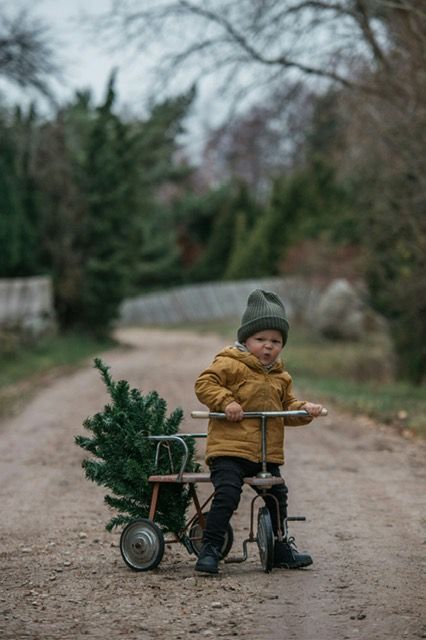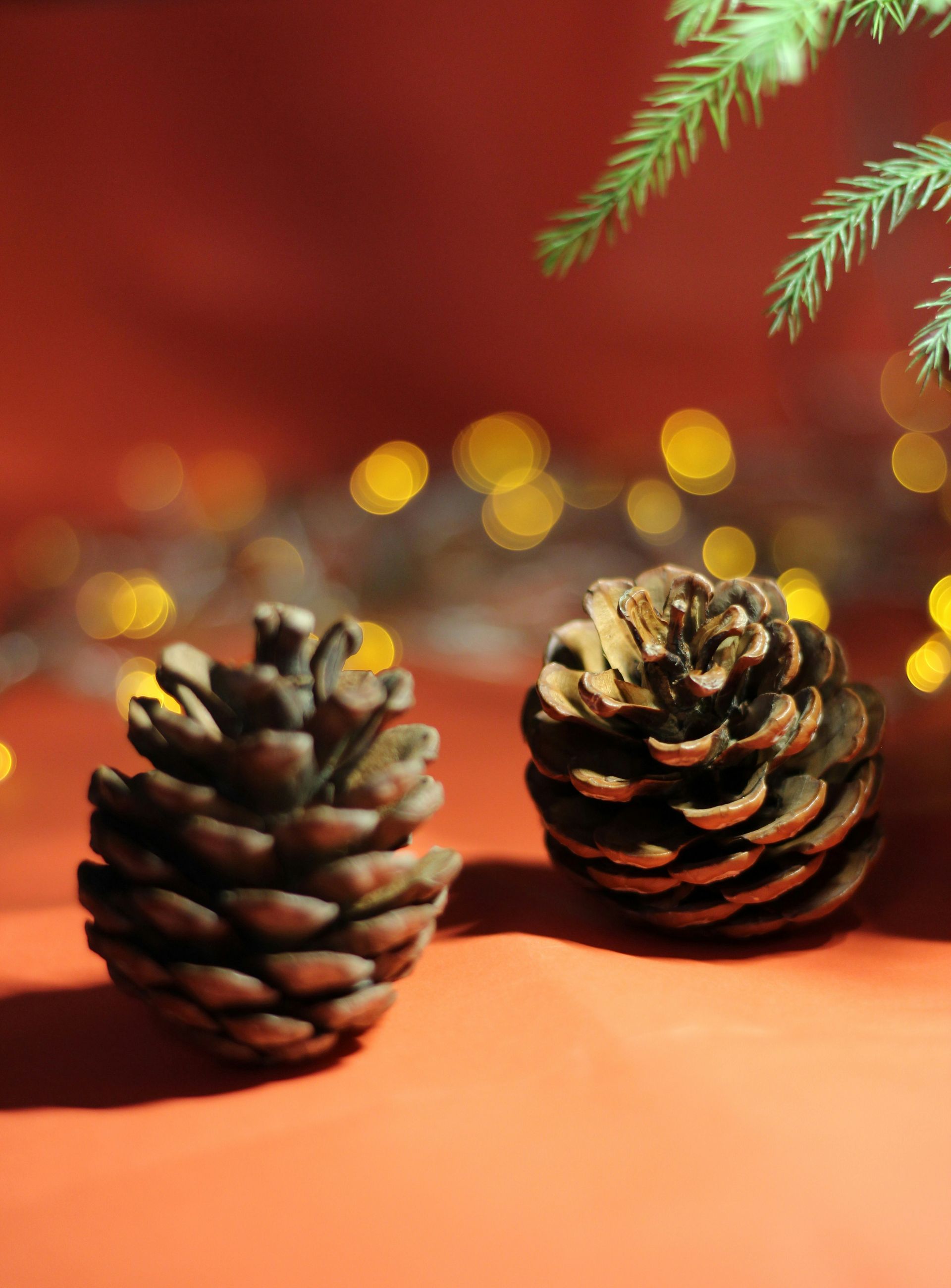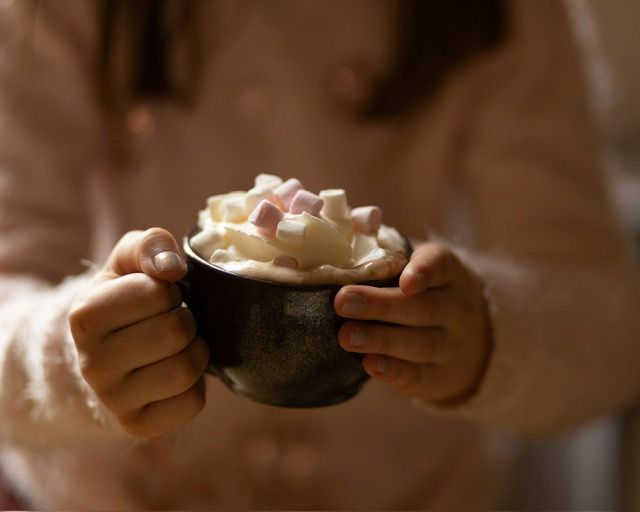Stress and Gratitude
by Michelle Garrett, MS, LMFT
This year with Thanksgiving fast approaching, I found myself looking differently at things. Thanksgiving serves as a grand entrance to the Holiday Season. And, yet to so many, this holiday of gratitude marks the beginning of a very stressful time of year. Most of us, already living fast-paced lives, find ourselves thrust into “fast forward” during the holidays: Tyrannized by our own list of to-do’s, losing appreciation for and connection to the most important things in our lives. Many of which are supposed to be celebrated during this season.
How do we connect more with the gratitude of the season and less with the stress? I researched this and found I wasn’t the first curious person on this topic. It appears there is a relationship between stress and gratitude:an inverse relationship. That is, the higher the level of gratitude a person has, the lower their stress level. (Wood, Maltby, Gillett, Linley, and Joseph. 2008).
Additionally, Dr. Robert A. Emmons, a researcher in the field of positive psychology, studied the effects of gratitude in 2003 and found that in his experimental group, who regularly practiced gratitude for 10 weeks, had a 25% increase in rating their personal happiness. They also were found to have less health complaints, less doctors visits, they exercised more, and slept better.
Perhaps this is why Thanksgiving comes first, before Christmas: To remind us to be grateful. Christmas started with the Holiest of gifts - the Birth of our Savior. And, yet we as a culture have made this Season into so much of what it was never intended to be. Yet I am told that the first Thanksgiving, regardless of differences, people came together to celebrate their gratefulness to the God who gives. Together. And, it was gratitude that ushered in the Holiday Season. Maybe the
order
of the holidays was supposed to teach us a lesson.
In summary, here is what gratitude offers to us:
- It refocuses us on the positive, reminding us of what we appreciate in life. (Phil. 4:8)
- Increases positivity and halts negative thought patterns (Phil 4:6-7)
- Helps us to appreciate and focus on what we actually have (Psalm 100:1-5)
- It renews the mind and increases mental and emotional resiliency (Romans 12:2)
- It can help counterbalance the negative effects of stress (Proverbs 17:22)
- It helps us to embrace our own life and reminds us to pay it forward (2 Cor 9:11)
- Offers a fuller perspective on life that isn’t stress or negativity focused (1 Thes 5:18)
- It rewires the brain, increasing positive thoughts and associations (Romans 12:2)
…And it reminds me that my lengthy “to-do” list isn’t just “have-to’s”, but instead a list of “get-to’s.” Everything on my list is there because I chose it, or because I own it, or simply because I breathe. No matter how difficult my situation is, I get to do this. And, as a counselor, I know there are some incredibly painful circumstances. There are times where being grateful is a real challenge. But, I can be grateful for the sunshine, or food, or a friend, or an encouraging passerby. And, with that realization, the glass shifts: It’s no longer half-empty but can be beautifully, half-full.
So, join me in a daily challenge of finding 3-5 unique things to be grateful for daily. Create an ongoing journal, maybe one on your phone. And, let’s see if this gratitude stuff is all that they say it is.
"Cheerfulness is the best promoter of health and is as
friendly to the mind as to the body." -Joseph Addison
Resources
Emmons, PhD, Robert A.(June, 2011) Why Gratitude is Good.Retrieved from http://www.dailygood.org
Wood AM, Maltby J, Gillett R, Linley PA & Joseph S (2008)The role of gratitude in the development of social support, stress, and depression: Two longitudinal studies,
Journal of Research in Personality, 42 (4), pp. 854-871.
Author: Michelle Garrett, MS, LMFT. Michelle is a Licensed Marriage and Family Therapist and Approved Supervisor for the State of Oklahoma, and, also a clinical member at Transforming Life Counseling Center.

© 2021 Transforming Life Counseling Center • Privacy Policy • Site by NetPro Consulting






